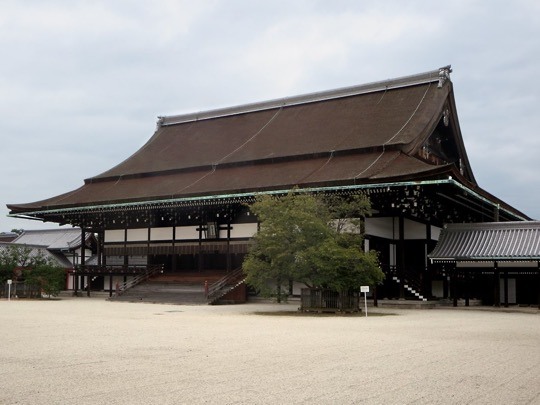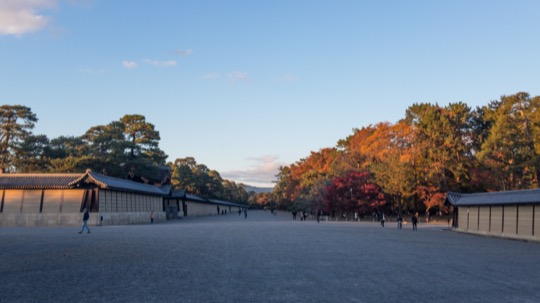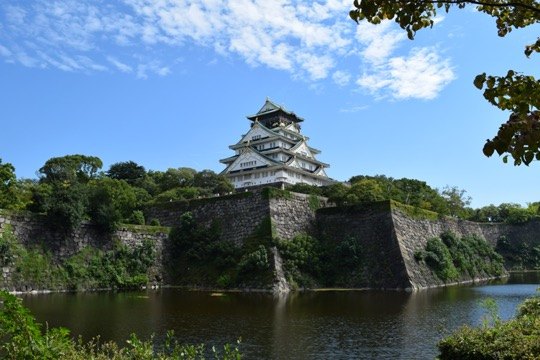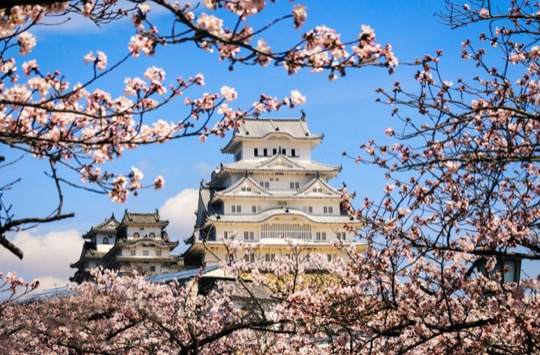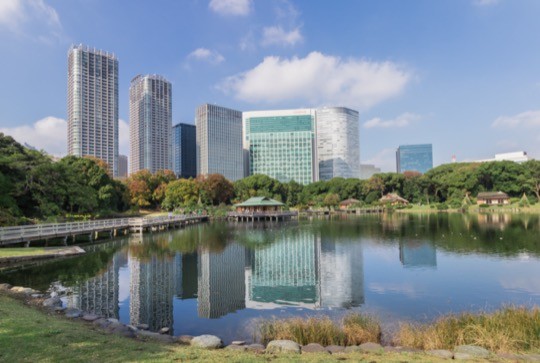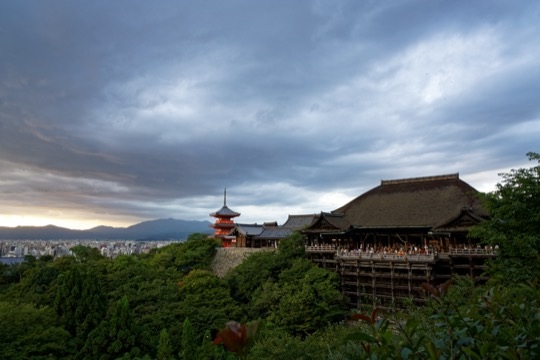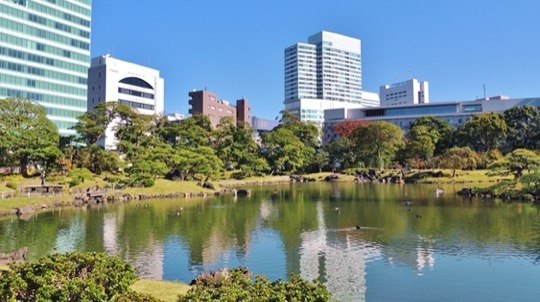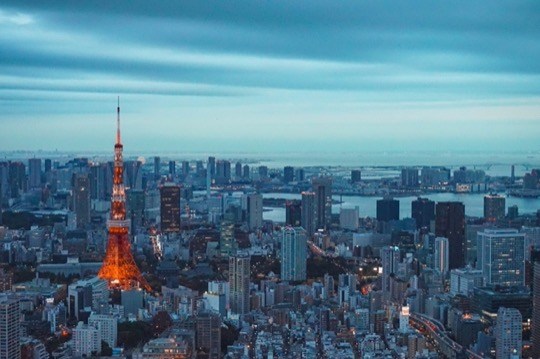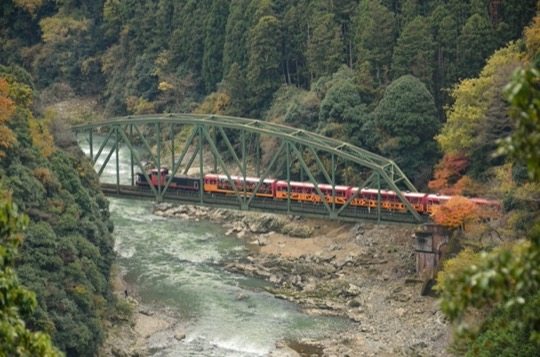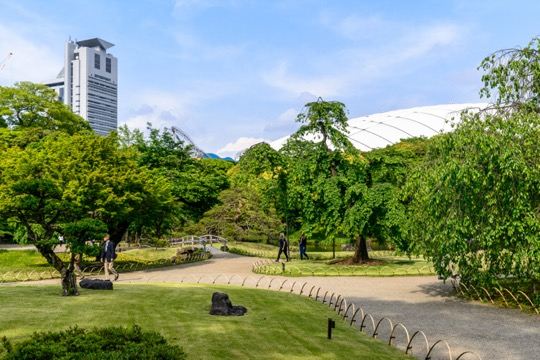Nijo Castle
Imposing legacy of the Tokugawa Shoguns, featuring lavish interiors and historic gardens
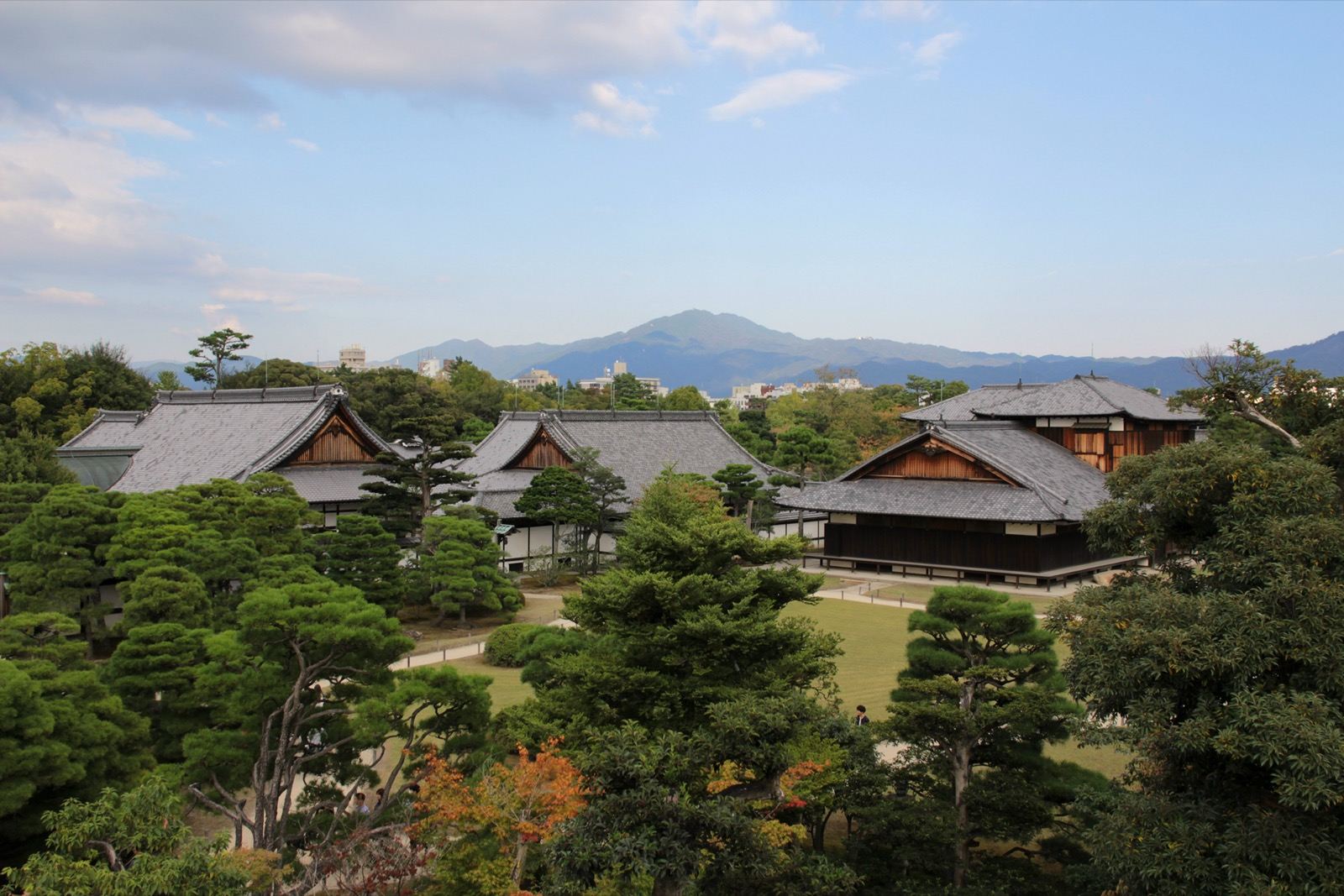
On This Page
Nijo Castle stands as a symbol of Japan’s feudal history and the power dynamics that shaped its political landscape. Constructed in 1601 as the Kyoto residence of Tokugawa Ieyasu, the founder of the Tokugawa shogunate, the castle is representative of the grandeur of the Edo Period’s ruling class. Featuring the Ninomaru Palace and beautiful gardens, it offers a glimpse into samurai culture and pivotal moments that transitioned Japan from shogunal to imperial rule.
In the heart of Kyoto lies Nijo Castle, an emblem of the Tokugawa Shogunate’s might and an example of Edo Period architecture and design. The castle complex encompasses a rich collection of buildings, art, and gardens that narrate the tale of Japan’s transition from feudal governance to a modern statehood. Visitors to Nijo Castle can enjoy traditional Japanese aesthetics, from the intricate woodwork and Kano school paintings in the Ninomaru Palace to the carefully designed Ninomaru Garden.
Nijo Castle’s history is marked by significant events. Its construction was completed during the reign of Tokugawa Iemitsu in the 1620s, and the Ninomaru Palace was the setting for the declaration of the restoration of the Imperial Court’s authority in 1867, signaling the end of the shogunate. Over the centuries, it has been subject to construction and reconstruction, adapting to various roles from a shogunal residence to an imperial palace before being donated to the city of Kyoto.
The Ninomaru Palace, a National Treasure, is renowned for its lavish use of gold leaf, elaborate wood carvings, and wall paintings by artists of the Kano school. The palace also features unique “nightingale floors” that chirp as a security measure against intruders. The former castle keep’s stone foundations offer views over the castle grounds. Seasonal highlights include cherry blossoms in late March to April and vivid autumn colors in November.
The castle complex includes historic gates, earthen walls, watchtowers, and stone walls, integral to understanding its military and residential functions. Today, Nijo Castle invites visitors to experience the legacy of Japan’s samurai and imperial past. The castle’s opulent interiors and tranquil gardens allow reflection on the profound changes that have taken place within its walls, shaping the nation’s history.
For a complete experience, it is recommended to visit the castle early to avoid crowds. The castle’s evening openings provide a unique opportunity to view its splendor in a different light, and the various gardens within the compound, especially the Ninomaru Garden, should not be missed.
Planning Your Japan Trip?
Is a JR Pass Worth It For Your Route?
Honest Answer in 60 Seconds
A JR Pass doesn't always save you money (and for many routes, it's just extra hassle). Our free calculator works out the real numbers for your planned route, so you can decide for yourself.
Getting There the easiest way to reach Nijo Castle
Around Nijo Castle
Nearby in Kyoto the best attractions close to Nijo Castle
Kaninnomiya Mansion
Former princely residence showcasing Edo-period aristocratic culture
Kyoto Imperial Palace
Home to emperors and a focal point of Japanese architecture

